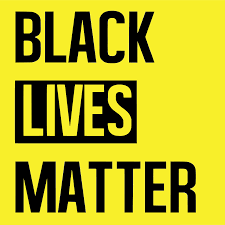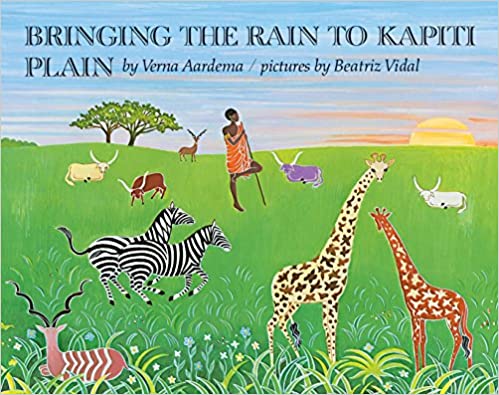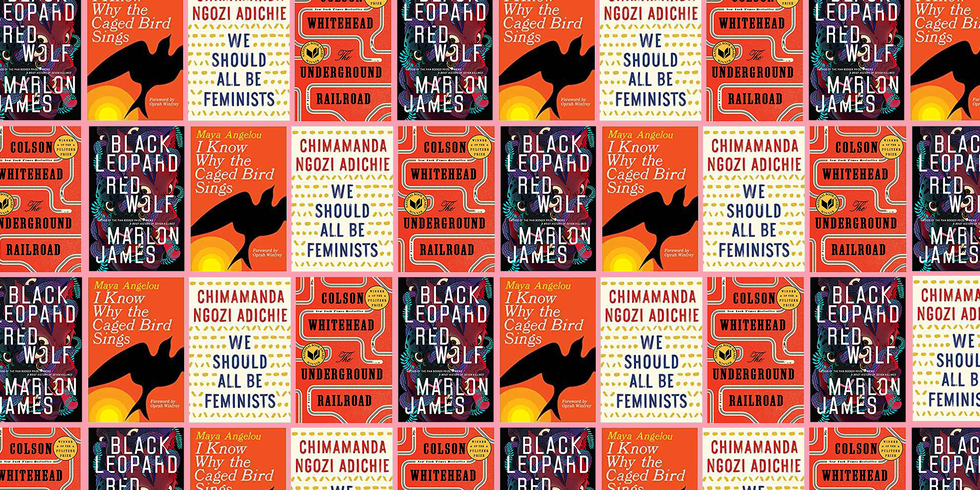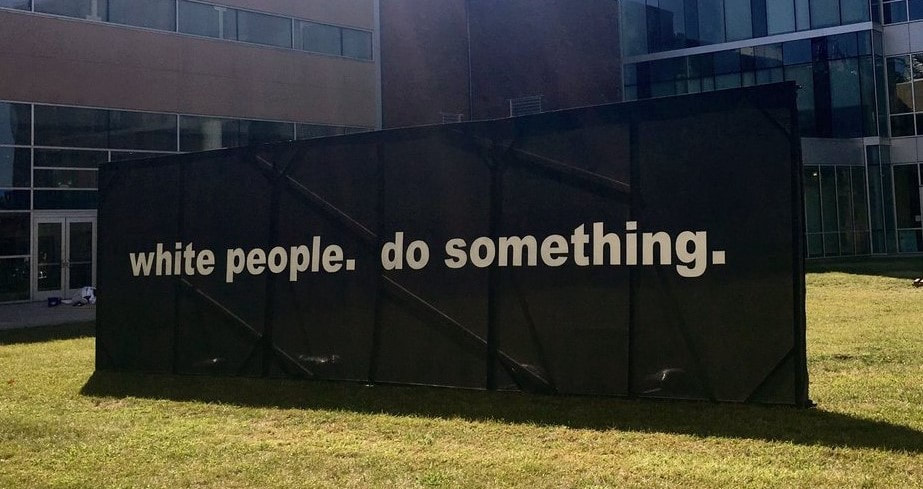|
If a writer wishes to break into mainstream publishing, they need an agent, and the way to get an agent is the dreaded query. There are countless websites, courses, books, blogs, and other resources out there to assist writers who are querying. It's a process involving a query letter with a hook, often a few pages that sample your book, and a LOT of angst. There are entire databases like QueryTracker.net, entire paid services with agents such as Manuscript Academy, and lists of agents who might be interested through sites like ManuscriptWishlist. There are literally hundreds, if not thousands, of books on the subject, and just as many blogs and services. Yet, I've never once encountered this piece of querying advice, possibly the most important of all: Let it Go, and Move On. Everyone focuses on the mechanics of the query, the people to approach, or even the methods or timing of querying. But no one discusses the psyche of the author during the process. I've been querying one project or another for years and years. Ultimately, Elsa is right. At it's best, querying is a slog. In a BEST-case scenario, after spending months, or possibly years on a manuscript, you've finally gotten the nerve to send it to a few agents. These gatekeepers are going to love it, you hope. Maybe you get requests for your full manuscript right away. You STILL have to wait months to hear back. Then even IF you find that agent, there's another break while it's out on submission, and then even more time before that book is released. All too many writers can't stop checking the inbox, or staring at the phone hoping it will ring. It's hard not to query and think about your project. It's a part of you, a project you've poured your soul and time into, and now you're helpless as you just wait. For most, the requests and offers come only after mountains of rejections. Agent after agent closing the door on your project. And let's face it, for better or worse, rejections during this godawful year of pandemic and turmoil sting even more bitterly. But there IS a solution. The key to querying is to prepare your query, and then throw yourself in an entirely different direction. Find a new project. One that is exciting on every level. You might want to start drafting, or outlining, or whatever your process entails. The key is you have to let the NEW project CONSUME you. It's the project you eat, sleep, and breathe. The more you focus on the new work, the less you even notice the rejections. Maybe you're getting requests, but even then you're not worrying about that interminable wait. You're happy and excited about something completely different. That's the best querying advice I can possibly give. And it's the way I query myself.
1 Comment
I have not been actively blogging. The past three months have blurred by with the stress and added responsibilities of a son at home instead of school, and a world gripped in a devastating pandemic. Now, however, I need to mention the the burgeoning wave of protests and anger gripping my nation and home city of Washington DC. Silence is complicity in this situation, and no one can remain on the sidelines. I proudly support Black Lives Matter, and dedicate my life to fighting racism. It is a lifelong battle, but one worth fighting. First, for book recommendations, my son's (age 3) favorite book by a black author, and a staple in our house is Bringing the Rain to Kapiti Plain: A Nandi Tale. Below is a list from Oprah, on 43 books to buy from black authors (note, you have to click the image, then click the image again on Oprah's site to get the list. And finally, beyond books, here's how YOU can help. This list below of 75 things has been going around social media, and I share it here.
75 is a lot. It can feel overwhelming. But that also means that there is a lot you can do right now to improve racial justice in the U.S. I'll highlight just three things you can do: 1. Reach out to your Black friends and family and just let them know that you're here for them. They are not ok. They need to hear from you, so check-in and let them know that you're thinking of them. 2. Google your local police and whether or not they are trained in de-escalation strategies. My Chief of Police is a Black man who has emphasized de-escalation as a part of their regular training for officers. As a result, they are responding to protesters by kneeling with them and talking. That's real community work. 3. Donate to anti-white supremacy work such as your local Black Lives Matter Chapter, the National Council for Incarcerated and Formerly Incarcerated Women and Girls, the NAACP, Southern Poverty Law Center, United Negro College Fund, Black Youth Project 100, Color of Change, The Sentencing Project, Families against Mandatory Minimums, A New Way of Life, and Dream Defenders. Join some of these list-serves and take action as their emails dictate. Bonus: The Loveland Foundation (https://thelovelandfoundation.org/) is raising funds to subsidize therapy sessions for Black women and girls. Click the image below for the full list. |
Archives
April 2024
Older postsCategories
All
|






 RSS Feed
RSS Feed